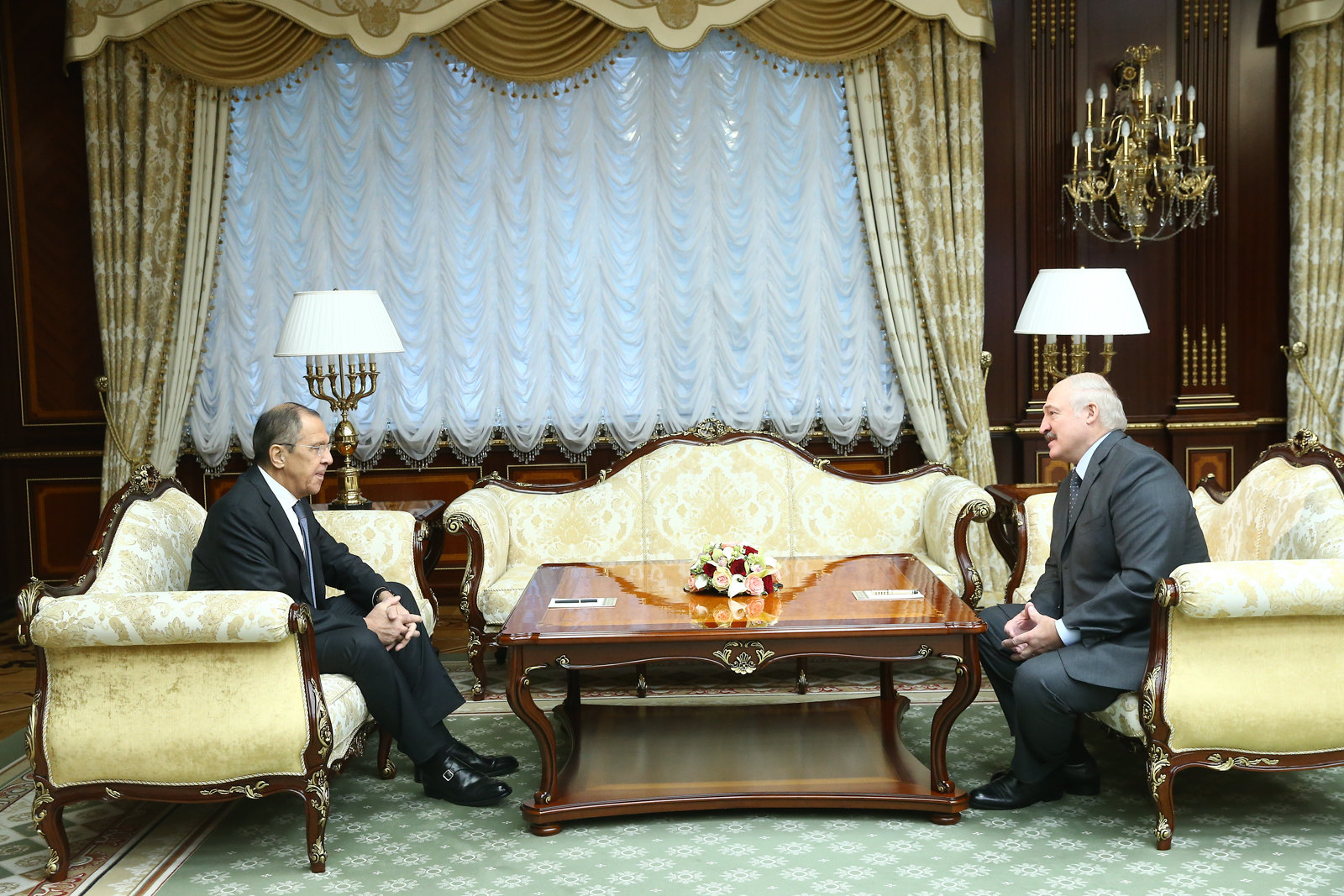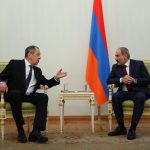
Russia Monitor is a review of the most important events related to Russian internal and external security, as well as its foreign policies.
Date: 27 November 2020
Lavrov Visits Minsk: Russia Wants Lukashenko to Implement Commitments
During Sergey Lavrov’s latest visit to Minsk, both parties delivered some declarations on the solid Russian-Belarus alliance. However – and perhaps above all – with this trip, Russia sought to remind Alexander Lukashenko of what commitments he had made at the September meeting with Vladimir Putin in Sochi. Russia threw support to the regime, but there are no free lunches. Now Russian officials make a hint to Lukashenko to start paying off his debt of gratitude to Moscow, even by launching constitutional reforms while in talks with some opposition members. As Lukashenko violently suppresses the rallies while doing nothing to introduce the announced changes, this is highly uncomfortable for Moscow. This makes more and more Belarusians revise their stance on Russia, seen as an enemy while looking for a partner in the West, as the latest poll found in Belarus.

At first glance, the Moscow-Minsk alliance continues smoothly, with Lavrov’s visit confirming all that. After meeting Lukashenko, the Russian foreign minister said both Russia and Belarus remained calm over Western efforts to meddle in Belarus and they had some tools to defend independence. What was striking in Lavrov’s words was that while mentioning Western attempts to interfere in the situation in Belarus, he no longer spoke of Belarus, but both “our countries.” He also brought back the topic of “color revolutions” and “technologies of organizing mass riots.” Lavrov’s criticism of Germany is also relevant here. Lavrov accused Berlin of acting as “a locomotive of quite aggressive campaigns against countries which are not members of NATO and the EU.” Speaking at the press conference beside his Belarusian counterpart, Vladimir Makei, the top Russian diplomat dismissed information on Moscow’s contacts with Belarusian opposition as “lies.” But this is rather Lavrov who lies. There is no doubt that Russians served a great role in adding Lukashenko’s political opponents to this year’s presidential race, those waving not pro-Western, but pro-Russian views. This is far more dangerous for Lukashenko. He is aware that Moscow will never back pro-Western opposition members while it could use pro-Russian ones as the tool not only to weaken the incumbent regime but also even to change it. Lavrov’s words and gestures at his talks with Lukashenko clearly showed that he had arrived in Minsk to ensure that Lukashenko had kept up with his commitments made during the Sochi meeting with Putin on September 14. That is what started to worry Moscow. More than two months have passed since then and with Russia’s help, Lukashenko managed to contain the situation in the country yet he does not seem to keep promises he had given to Putin – like the constitutional reform and dialogue with opposition members, some of whom are Moscow-endorsed. By no coincidence, while in talks with Lukashenko, Lavrov mentioned the agreements made at the Sochi summit as vital for the Russian side. It seems that Moscow is pushing for Lukashenko to make some concessions to the pro-Russian opposition – such as dropping charges against Babaryka or Tsikhanouski. Lukashenko is dragging his feet over that, aware of that – for the Kremlin – no sensible political alternative is the best guarantee for him to further head Belarus.
Support Us
If content prepared by Warsaw Institute team is useful for you, please support our actions. Donations from private persons are necessary for the continuation of our mission.
All texts published by the Warsaw Institute Foundation may be disseminated on the condition that their origin is credited. Images may not be used without permission.

















